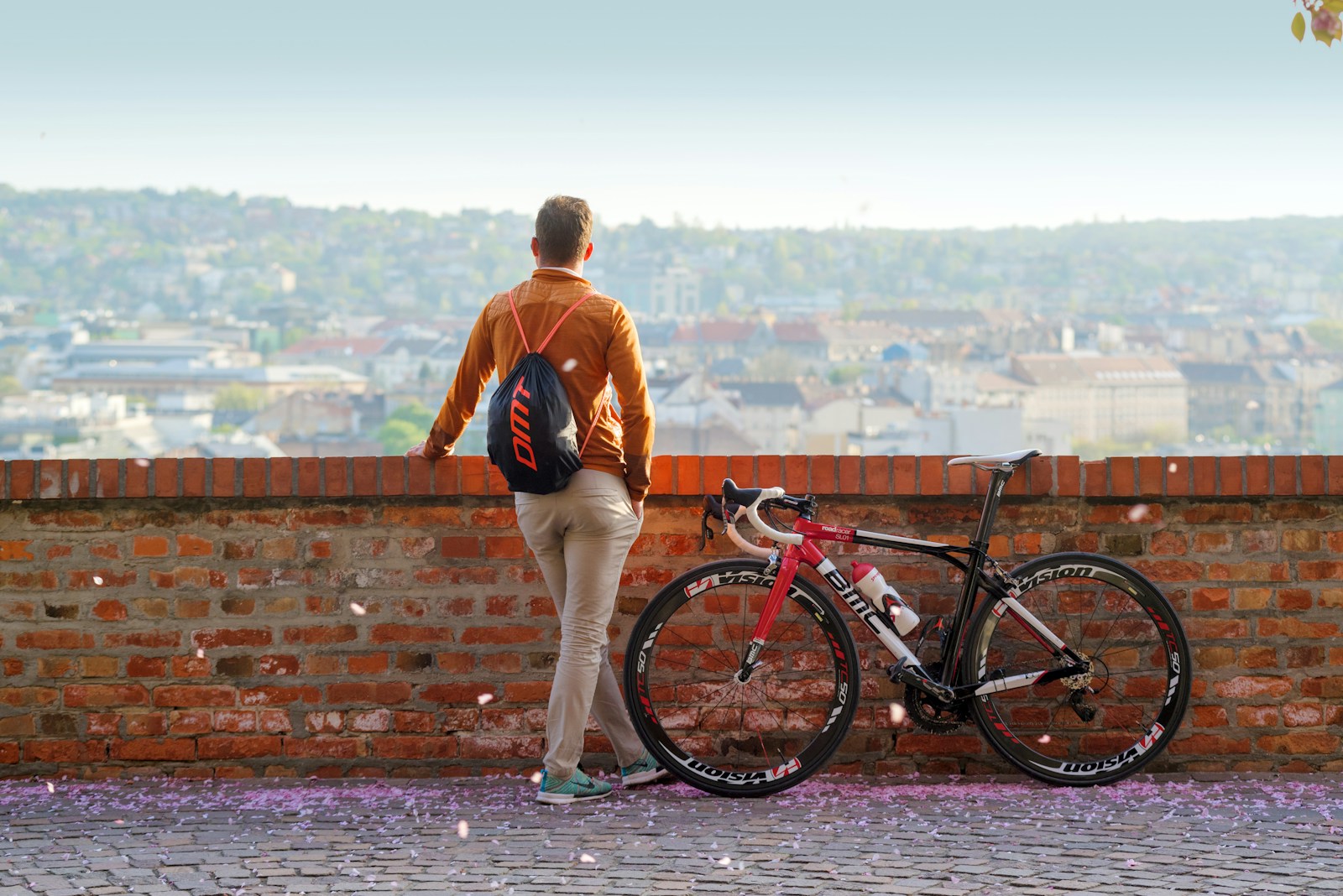
tour

tour
In Italian, the word 'tour' is used in the same way as in English, to refer to a journey for pleasure in which several different places are visited. It is often used in the context of travel and tourism, for example, 'organizzare un tour della citta' (to organize a city tour).
Example sentences using: tour
Mi piacerebbe fare un tour dell'Italia.

I would like to take a tour of Italy.
This sentence is expressing a future desire using with the verb phrase 'mi piacerebbe (I would like)' followed by an infinitive verb 'fare (to do or make)'. 'Un tour', meaning 'a tour', is a masculine singular noun in this context. Following this, 'dell'Italia' is a contraction of 'di' and 'l'Italia', translating to 'of Italy'.
Questo è il tour del museo.

This is the museum tour.
This sentence is stating a fact in the present tense. 'Questo' is a singular masculine adjective which means 'This'. 'È' is the 3rd person singular form of the verb 'essere (to be)'. 'Il tour', meaning 'the tour', is a masculine singular noun in this context. 'Del museo' is a contraction of 'di' and 'il museo', translating to 'of the museum'.
Hai prenotato il tour per sabato?

Did you book the tour for Saturday?
This sentence is asking a question in the past tense. 'Hai prenotato' is the 2nd person singular form of the verb 'avere (to have)' combined with the past participle 'prenotato (booked)'. 'Il tour', meaning 'the tour', is a masculine singular noun in this context. 'Per' means 'for'. 'Sabato' translates to 'Saturday'.